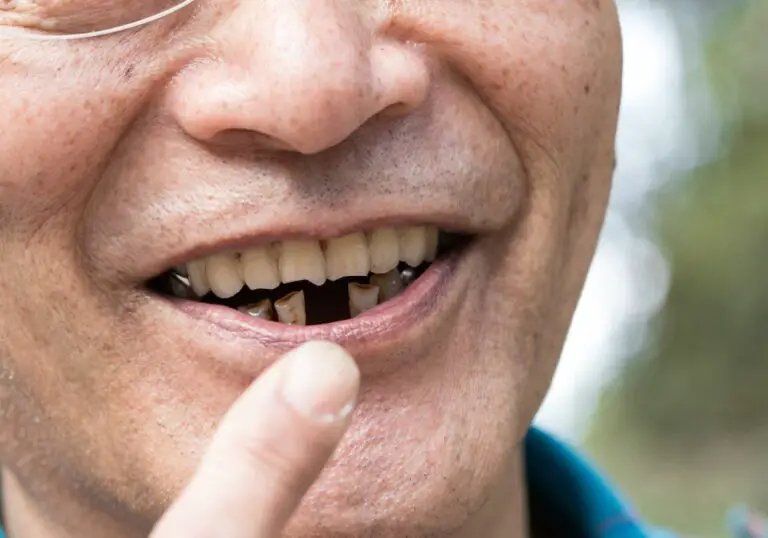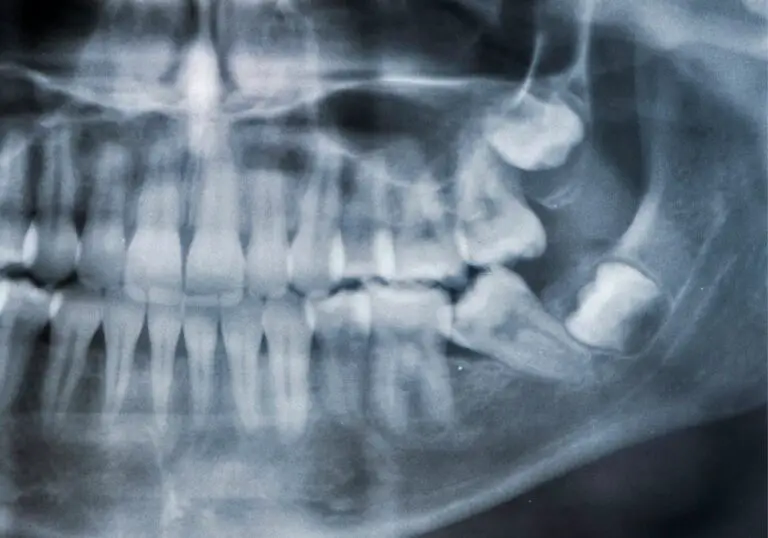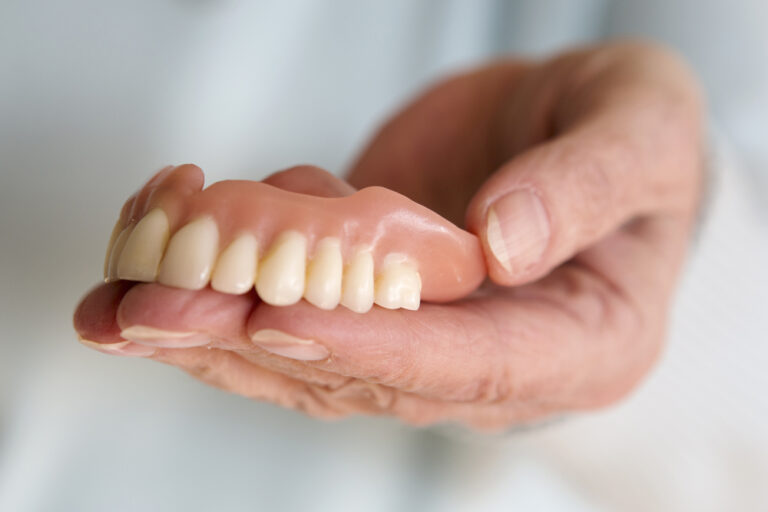Waking up to a toothache can be miserable and alarming. You go to bed feeling fine, only to be jolted awake a few hours later by throbbing pain in your teeth. What causes this sudden onset of tooth pain at night? And what can you do to relieve it?
There are several potential reasons teeth may begin hurting overnight. Let’s explore them in more depth.
Common Causes of Overnight Tooth Pain
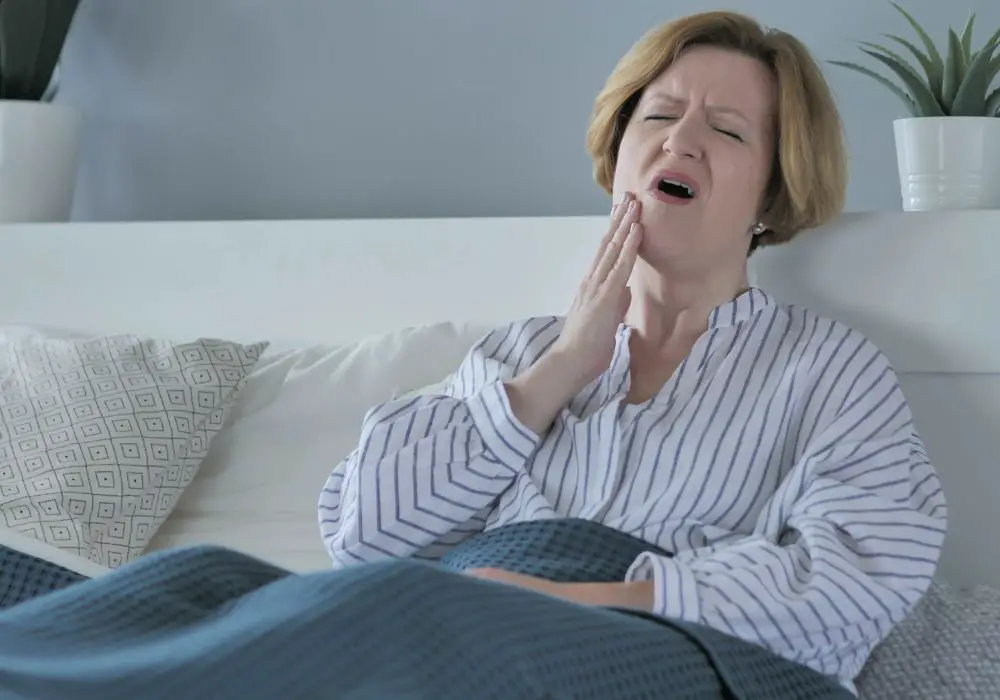
A variety of dental issues can trigger pain that emerges or worsens during sleep. Understanding the most likely culprits is key to getting the right treatment.
1. Tooth Decay
Tooth decay along the gum line can cause severe pain when lying down. Gravity increases blood flow to the head and neck area when you lay horizontally. This exposes the irritated dental nerves and tissue inside decayed teeth, making them intensely sensitive and painful at night.
As the protective enamel erodes, the softer dentin underneath is more vulnerable to hot and cold stimuli. Nighttime exposure to saliva or changes in air temperature may set off a painful response.
2. Dental Abscess
A dental abscess is a severe infection of the tooth’s root and nerve pulp. Abscesses cause throbbing pain and swelling that typically gets worse at night when you lay down.
An abscess forms when bacteria invade the inner tooth through:
- Deep tooth decay
- Cracks or chips
- Gum disease
- Recent dental work like a filling or root canal
The bacteria multiply in the pulp, releasing toxins that stimulate inflammation and pus formation. This builds immense pressure inside the rigid tooth structure. The pressure compresses the nerve endings, leading to pulsing pain that keeps you awake.
3. Bruxism
Teeth grinding or clenching (bruxism) often occurs during sleep as the muscles relax. The morning after a vigorous night of bruxism, you may wake up with sore, sensitive teeth.
The excessive forces placed on teeth during grinding rub down the enamel and strain the temporomandibular joint. Even subconscious jaw clenching stresses the muscles and ligaments surrounding teeth. This leads to microscopic damage and pain.
People are more likely to brux as they sleep deeply and dream. Stress and anxiety also trigger the behavior.
4. Sinusitis
Your upper teeth may ache and throb from sinus pressure and congestion. The maxillary sinuses sit just above the upper back teeth, including the molars and premolars.
When the sinus cavities become inflamed or infected, they can exert pressure on the tooth roots below. This is known as referred pain. A sinus infection may also make teeth more sensitive to temperature changes when breathing through your mouth at night.
5. Lost or Cracked Dental Fillings
Dental fillings repair holes in teeth caused by decay. But over time, fillings can crack, break, or fall out. When a filling becomes damaged or dislodged, the underlying dentin is exposed.
The dentin has thousands of microscopic tubular nerves that transmit sensations. Exposure to hot/cold or biting forces is intensely painful. This pain is heightened at night, especially when grinding or clenching.
6. Receding Gums
Gums naturally recede with age, but poor oral hygiene accelerates the process. Receding gums expose more of the tooth below the enamel, including the extremely sensitive tooth root.
Exposed dentin and cementum have microscopic pores that allow hot/cold stimuli and bacteria to penetrate the tooth. This causes severe pain at night.
7. Cracked Tooth
Unrestored cracks in teeth split wider when biting down, triggering sharp pain. The crack may worsen at night from clenching or grinding habits.
8. Other Causes
Less common sources of nighttime dental pain include jaw injuries, oral infections like a cold sore or thrush, and neuralgia pain in facial nerves.
Diagnosing the Source of Overnight Toothaches
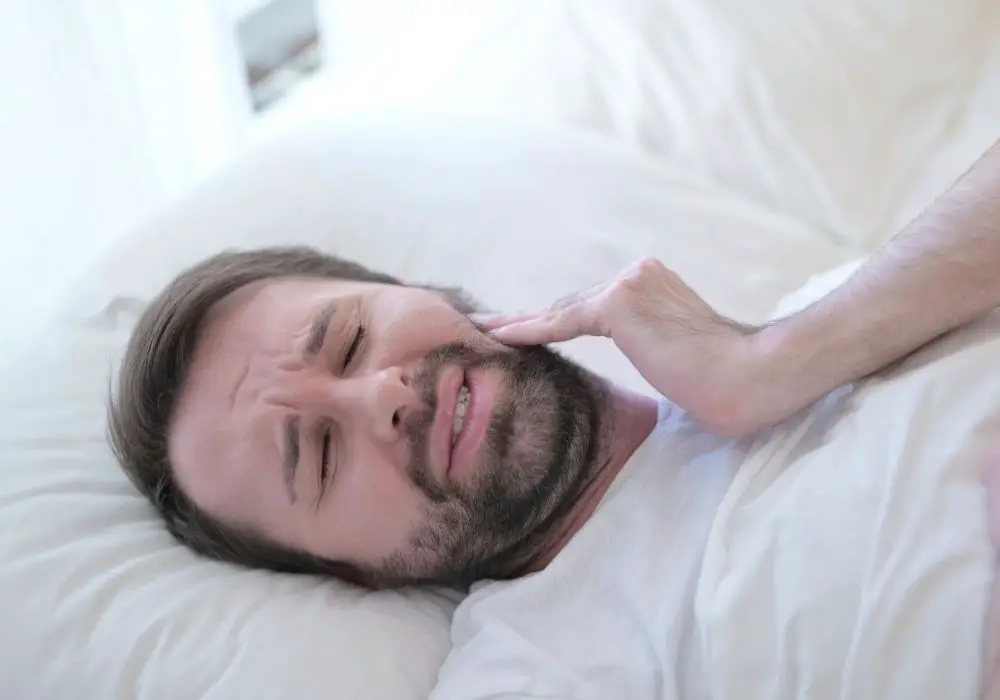
If you experience ongoing or severe tooth pain at night, it is critical to have your dentist examine you. They can run diagnostic tests to pinpoint the exact cause of the pain.
1. Dental Exam
Your dentist will first conduct a clinical exam of your teeth, gums, tongue, inner cheeks, and jaw joint. They will check for:
- Visible cavities, cracks, broken fillings, gum recession
- Redness, swelling, bumps, sores suggestive of infection
- Misaligned bite and evidence of bruxism like wear facets
- Loose, sensitive or discolored teeth
Palpating your face can identify swelling and tenderness related to a sinus issue vs tooth abscess.
2. Dental X-rays
X-rays allow dentists to see below the visible tooth surface for signs of decay, infection, or damage. X-rays reveal:
- Regions of tooth decay or infection before it surfaces
- Bone loss from gum disease
- Cysts, tumors, excess bone
- Abscesses forming at a tooth’s root
By comparing current x-rays to older films, the dentist can monitor conditions over time.
3. Percussion Test
Tapping lightly on suspect teeth with a dental instrument tests for pain. Teeth with an abscess or crack are exquisitely sensitive to percussion.
4. Cold Sensitivity Testing
Applying cold air, ice, or a refrigerant spray to each tooth surface identifies ones that provoke a painful response. This helps pinpoint teeth with decay, cracked fillings, or exposed dentin.
5. Bite Pressure Testing
Asking you to bite down on a cotton roll, tongue depressor, or the dentist’s gloved finger reproduces the pain of a cracked tooth or recent filling. Biting also evaluates the bite’s alignment.
6. Pulpal Testing
Electrical or thermal pulp testing determines if the nerve inside a tooth reacts normally. The nerve dies when infected or after a root canal. An abnormal response indicates a diseased inner pulp.
Common Treatments for Nighttime Tooth Pain
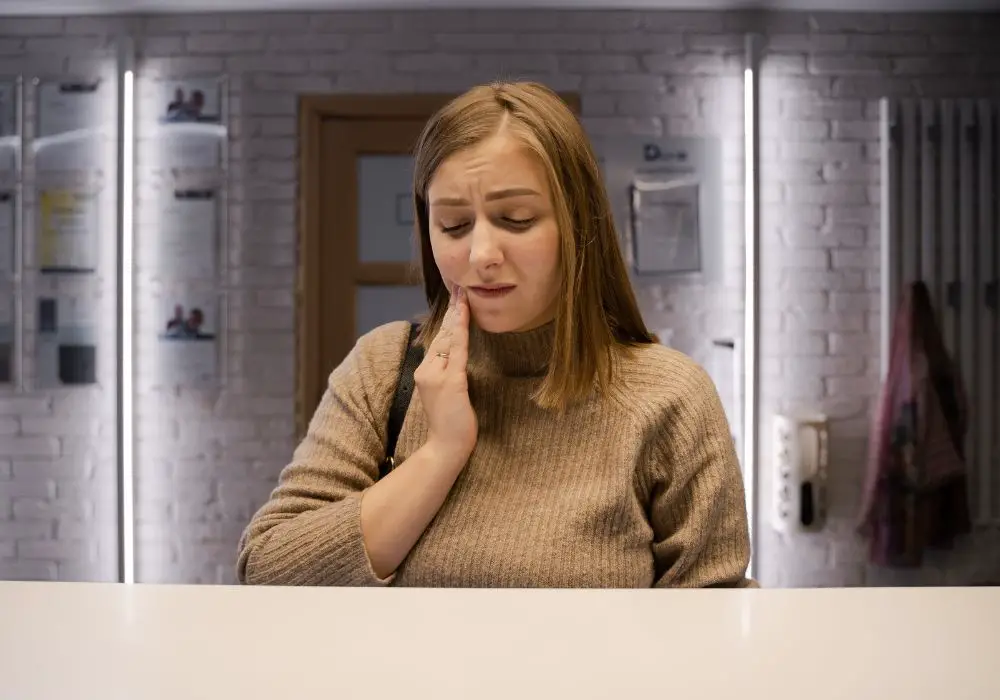
Once properly diagnosed, steps can be taken to relieve your tooth pain and address the underlying problem:
1. Treating Decay
Catching decay early allows for a simple filling to remove the decay and replace lost tooth structure. Deeper decay may require a root canal or crown.
2. Fixing Cracked Teeth
Small cracks can be stabilized by sealing the crack or placing dental crowns. Severely cracked teeth may need extraction if the damage is beyond repair.
3. Replacing Fillings
Old, defective fillings must be replaced with new ones to protect the tooth from further decay. This also relieves pain from temperature changes.
4. Managing Bruxism
Wearing a custom nightguard cushion protects teeth from grinding damage. Relaxation techniques, massage, and behavior modification help reduce clenching.
5. Root Canal
Badly abscessed or infected teeth require a root canal. This surgically removes the diseased pulp, cleans the insides, and seals the tooth.
6. Pulling Teeth
Damaged teeth beyond repair or severe abscesses may need extraction. Artificial tooth replacements can fill the gap.
7. Treating Gum Disease
Deep cleanings and gum grafting surgery can treat receding gums. Ongoing care prevents further recession and helps desensitize exposed roots.
8. Fixing Sinus Problems
Oral decongestants, steroid nasal sprays, antibiotics and sinus rinses can relieve sinus pressure and pain.
Steps to Prevent Nighttime Toothaches
Prevention is the best medicine when it comes to avoiding those midnight toothaches. Try these proactive steps:
- Brush and floss twice daily – Proper oral hygiene prevents decay, infection, and gum disease
- Use fluoride toothpaste – Fluoride strengthens enamel and wards off decay
- Watch sugary/acidic foods – Limit intake to avoid enamel erosion and decay
- Get regular dental cleanings – Professional cleanings remove harmful plaque and tartar
- Inspect for cracks – Seek prompt repair of any tooth cracks before they worsen
- Wear a nightguard if you grind – Protects teeth from damage if you have bruxism
- Quit smoking – Smoking stains teeth, reduces blood flow, and worsens gum disease
- Stay hydrated – Drink plenty of water to produce saliva that buffers acids and washes away food
- Use a humidifier – Adds moisture to dry air that can dehydrate teeth and make them sensitive
Paying close attention to your oral health habits and getting regular dental check-ups can help you avoid those painful midnight rude awakenings!
Frequently Asked Questions About Overnight Tooth Pain
Why do my teeth hurt more at night than during the day?
Lying down allows fluid accumulation around the head and neck. This increases pressure on irritated nerves in infected or decayed teeth. Pain signals intensify when trying to sleep in a quiet setting.
My top teeth hurt when I have a sinus infection. Why?
Your maxillary sinuses sit just above the upper back teeth. Sinus inflammation can create pressure on these tooth roots. Sinuses also cause referred pain perceived in the teeth.
Why do my teeth hurt after grinding or clenching them at night?
The excessive forces placed on teeth during bruxism strains the ligaments, muscles, and underlying bone. This causes microscopic damage to the teeth that you feel as sensitivity and pain.
Should I see a dentist for tooth pain at night that won’t go away?
Yes. Make an appointment if the pain persists beyond 3 days, seems to be worsening, or you have symptoms like swelling, fever or discharge. Prompt treatment is key to avoiding complications.
What can I use on painful teeth overnight for relief?
Rinsing with warm saltwater helps reduce inflammation. Ibuprofen, acetaminophen or topical dental gels numb pain. Ice packs applied to the facial area can also offer relief at night. Avoid putting anything directly on teeth.
When does nighttime tooth pain warrant an emergency dental visit?
Seek emergency dental care if you experience trauma, uncontrollable pain, trouble breathing or swallowing, facial swelling, or numbness. These require immediate attention to avoid permanent damage.

